Disclosure: This article contains affiliate links. We may earn a commission from purchases at no extra cost to you, which helps our travel content.
There is something profoundly liberating about wandering the labyrinthine streets of Barcelona alone, guided only by curiosity and the gentle Mediterranean breeze. At sixty-three, I've discovered that solo travel offers a unique canvas for self-discovery and cultural immersion that simply cannot be replicated when journeying with companions. Barcelona, with its architectural marvels, artistic heritage, and vibrant social tapestry, provides the perfect backdrop for the solitary traveler seeking connection. This past spring, I spent a transformative week navigating this Catalan jewel alone, yet rarely feeling lonely—a testament to the city's remarkable ability to welcome the solo adventurer into its warm embrace. Whether you're contemplating your first solo journey or are a seasoned independent traveler, allow me to share how Barcelona opened its arms to this aging academic and how it might do the same for you.
Embracing the Art of Solo Dining in Barcelona
One of the most intimidating aspects of solo travel—particularly in a culture that celebrates communal dining—is eating alone. Yet Barcelona offers a delightful solution in the form of its ubiquitous tapas bars, where dining solo is not merely accepted but embraced as part of the experience.
At El Xampanyet in the Born district, I found myself perched at the marble counter, initially self-conscious until the bartender winked conspiratorially and slid me a plate of their house specialty anchovies. Within minutes, a local architect to my left and an Italian photographer to my right had engaged me in conversation about the bar's century-old traditions. The communal nature of tapas culture transforms the solitary diner into a temporary member of Barcelona's extended family.
For a more structured approach to culinary connection, I highly recommend booking a tapas walking tour early in your stay. My evening with Barcelona Taste Tours introduced me to hidden culinary gems and fellow travelers with whom I later explored Gaudí's masterpieces. The guide, noticing my interest in sustainable food practices, directed me to the ecological market at Mercat de Sant Antoni on Tuesday mornings—a recommendation that led to fascinating conversations with local vendors about Catalonia's agricultural heritage.
When seeking a more contemplative dining experience, the courtyard at El Jardí in the Gothic Quarter offers a tranquil setting with its 16th-century surroundings. I brought my travel journal and found that writing while dining solo attracted curious glances and eventual conversation from neighboring tables—proof that sometimes the most effective social tool is simply appearing contentedly engaged in your own company.
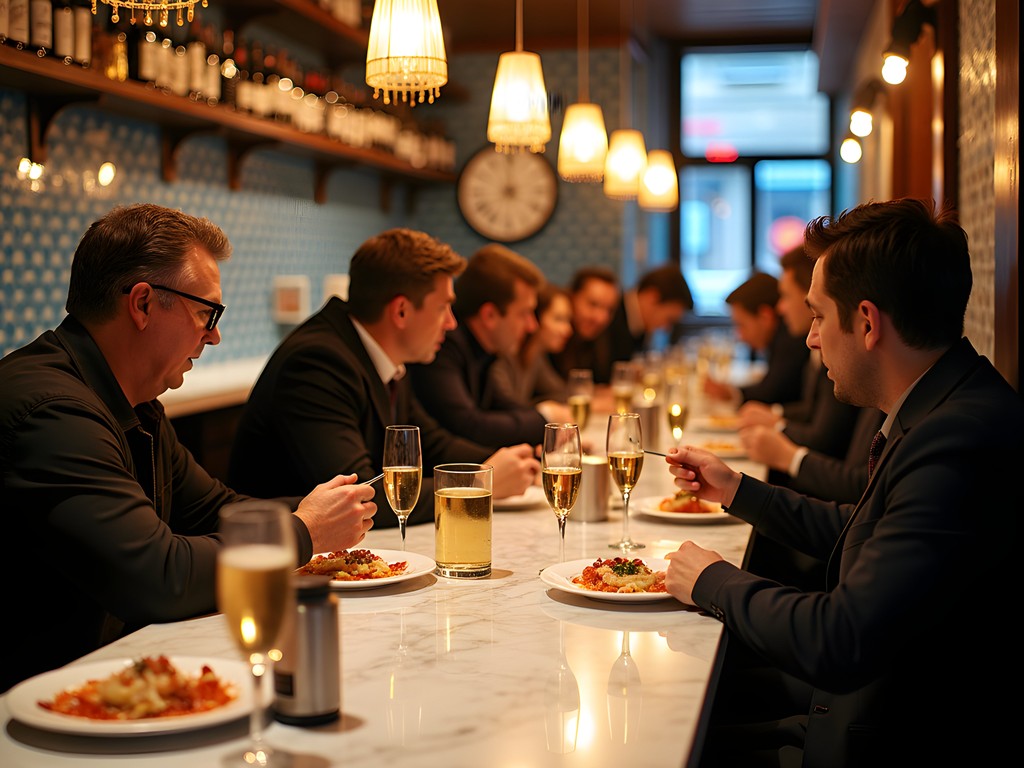
💡 Pro Tips
- Book counter seats at popular tapas bars for natural conversation opportunities with staff and fellow diners
- Join a food tour early in your trip to meet potential companions for later explorations
- Bring a book or journal to restaurants—it provides both comfort during solitary moments and conversation starters with curious locals
Cultural Connections: Museums as Social Hubs
Barcelona's magnificent museums offer far more than artistic and historical enlightenment—they provide natural environments for meaningful encounters with like-minded travelers and locals alike. As someone who has spent decades exploring galleries worldwide, I've found Barcelona's cultural institutions particularly conducive to spontaneous connection.
The Picasso Museum, housed in five adjoining medieval palaces, attracts a diverse audience that spans generations and nationalities. During my visit, I found myself in an impromptu discussion with a Spanish art history professor and her American students about Picasso's Blue Period. This chance encounter led to an invitation to join their group for vermouth at a nearby plaza—a quintessentially Barcelonian afternoon ritual I might otherwise have missed.
For those with musical inclinations, the modernist marvel of Palau de la Música Catalana offers more than architectural splendor and acoustical perfection. Attending a classical concert alone, I discovered that the intermission provides a natural opportunity for conversation with seatmates. My appreciation of the Catalan composer Albéniz sparked a delightful exchange with a local couple who later suggested we meet for pre-concert drinks before the following evening's performance.
Perhaps most surprisingly, the MACBA (Museum of Contemporary Art) revealed itself as a social nexus, particularly on Thursday evenings when extended hours and reduced admission create a festive atmosphere. The museum's plaza, famous in skateboarding circles, transforms into an informal gathering space where visitors and locals discuss exhibitions, share travel tips, and occasionally organize impromptu dinner groups. I captured these lively interactions with my trusty compact camera, which proved invaluable for documenting both architectural details and newfound friendships without the intrusiveness of larger equipment.
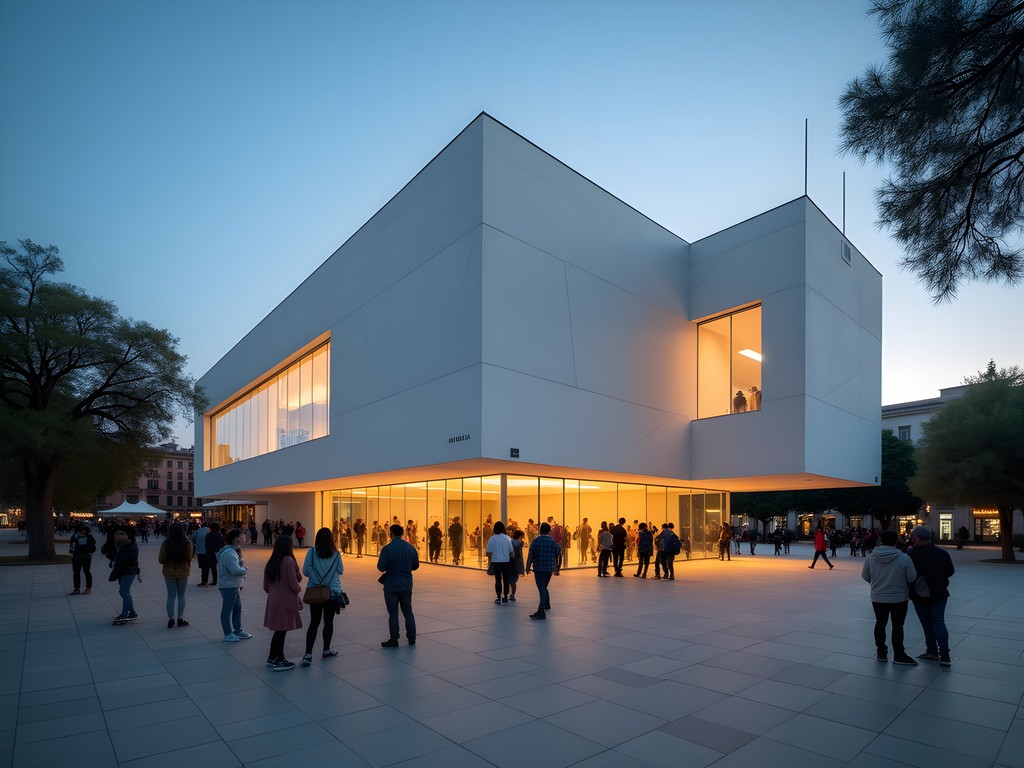
💡 Pro Tips
- Attend museum guided tours in English to meet fellow travelers with similar interests
- Look for special evening events at cultural institutions which often have a more social atmosphere
- Don't hesitate to comment on artwork to nearby visitors—shared aesthetic appreciation often leads to meaningful conversation
Language Exchange: Building Bridges Through Words
Though my Spanish remains rudimentary and my Catalan nonexistent, language barriers in Barcelona proved to be bridges rather than obstacles. The city hosts numerous language exchange events specifically designed to connect locals and visitors in mutually beneficial linguistic practice.
My most rewarding experience came through attending a 'language exchange' meetup at a café in Gràcia, organized through the language app I had downloaded before my trip. The structured format—twenty minutes of English followed by twenty minutes of Spanish—created a supportive environment for connection. What began as halting conversations about basic travel experiences evolved into nuanced discussions of Catalan identity and cultural preservation, topics close to my heart as an environmental consultant concerned with cultural sustainability.
For those preferring a less structured approach, several bars throughout the city host informal language exchange evenings. At Espit Chupitos near Universitat, Tuesday gatherings attract a diverse crowd of language enthusiasts. Here, I met Carlos, a retired architect with a passion for explaining Barcelona's urban development, who later gave me a personalized walking tour of the Eixample district's hidden courtyards—an experience no commercial tour could replicate.
Even without organized events, I found that simply carrying a pocket dictionary and making earnest attempts at Spanish phrases opened doors throughout the city. In the Mercat de la Boqueria, my fumbling request for seasonal fruit led to a vendor patiently teaching me proper pronunciation while offering samples of exotic varieties not displayed to casual tourists. These small linguistic exchanges, though sometimes comical in my pronunciation, invariably led to warmer interactions and glimpses into authentic Barcelonian life inaccessible to those who remain within their linguistic comfort zones.
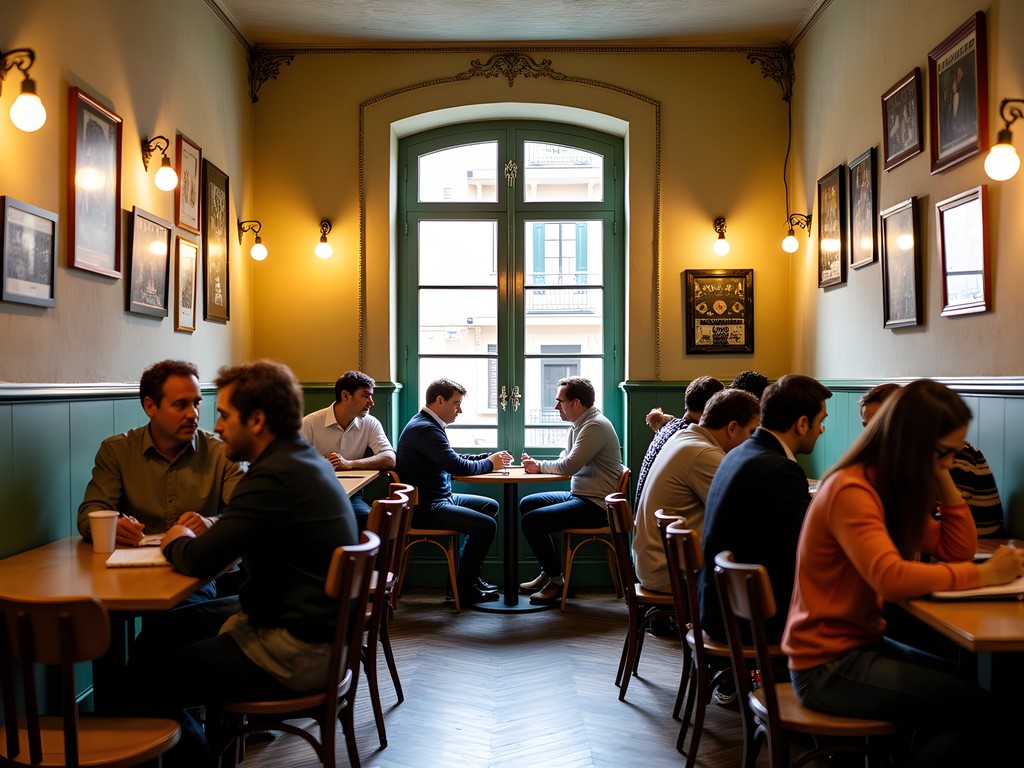
💡 Pro Tips
- Download a language exchange app before your trip to find organized meetups
- Learn basic Catalan phrases (not just Spanish) to show respect for local culture
- Carry a small phrasebook or dictionary—the visible effort often encourages locals to engage with you
Architectural Walks: Finding Community Among Gaudí's Marvels
Barcelona's architectural wonders, particularly Gaudí's otherworldly creations, provide natural gathering points for solitary travelers. Rather than viewing these iconic sites in isolation, I discovered that structured walking tours offer both architectural insight and social opportunity.
The early morning 'Gaudí Essentials' walking tour I joined began at Casa Batlló just as dawn illuminated its dreamlike façade. Our small group of eight quickly bonded over shared awe and photography tips. I found my travel tripod particularly useful for capturing the intricate details of Gaudí's work in the changing morning light—and it became a conversation piece that connected me with two photographers from Japan who later joined me for an impromptu photo walk through El Born.
While guided tours provide structured interaction, I found that even independent visits to architectural landmarks fostered spontaneous connections. In the hypnotic interior of La Sagrada Familia, I stood transfixed by light filtering through stained glass when an American family asked if I might photograph them. This simple request evolved into a thoughtful discussion about sacred spaces across cultures and an invitation to join them for lunch in nearby Avinguda Gaudí.
For those seeking deeper architectural understanding, the lesser-known guided tours of Hospital de Sant Pau—a magnificent modernist complex often overshadowed by Gaudí's works—attract a scholarly crowd with whom conversation flows easily. Here, I met a retired British architect who shared my passion for historic preservation, and our post-tour coffee extended into dinner as we debated the challenges of balancing tourism with cultural conservation.
Even when exploring independently, I found that architectural appreciation creates natural community. While sketching the undulating chimneys of Casa Milà in my travel journal, several onlookers paused to comment, leading to a spontaneous discussion about Gaudí's influence on modern sustainable design principles—a conversation that bridged my professional background with my travel experience in unexpected ways.
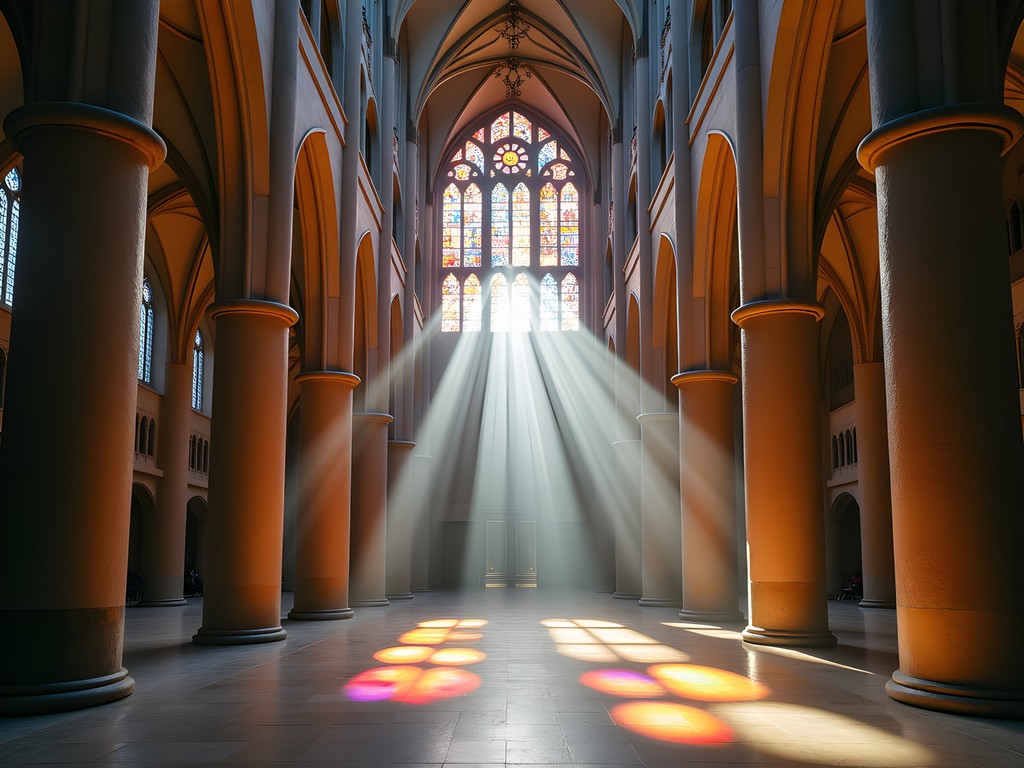
💡 Pro Tips
- Book small-group architectural tours rather than large commercial ones for better social opportunities
- Visit major sites like Sagrada Familia during weekday afternoons when crowds are thinner and conversation more likely
- Bring a sketchbook even if you're not artistic—the act of drawing attracts curious onlookers and conversation
Evening Rituals: From Solitary Sunset to Social Night
As dusk settles over Barcelona, the city transforms—and with it, the opportunities for solo travelers to find community. I discovered that structuring my evenings around local rituals provided natural pathways to connection, particularly for those of us past the age where nightclubs hold appeal.
The tradition of passeig—the evening stroll along Passeig de Gràcia or through the Gothic Quarter—offers a perfect entryway into Barcelonian social life. One evening, while admiring the illuminated façade of Casa Batlló, I found myself beside a local professor who, noticing my interest, began explaining the symbolism behind Gaudí's lighting design. Our conversation continued as we walked, eventually joining the flow of locals heading toward Plaça Reial for the evening.
For a more structured evening experience, I cannot recommend highly enough the Paella Cooking Class I attended at Barcelona Cooking. While initially hesitant about the group activity, I found myself chopping vegetables alongside travelers from Canada, Australia, and Germany, our shared culinary mission quickly dissolving age and cultural differences. The convivial atmosphere continued as we enjoyed our creation with flowing sangria, exchanging contact information and making plans to meet at a flamenco performance later in the week.
The magic of Barcelona evenings extends to its music scene, accessible even to those traveling alone. At Harlem Jazz Club in the Gothic Quarter, I found the staff particularly welcoming to solo guests, offering me a perfect corner seat with a view of both the performers and the diverse audience. Between sets, conversation flowed easily with neighboring tables, united by our appreciation for the saxophone quartet.
Perhaps my most unexpected evening connection came through a sunset sailing experience along Barcelona's coastline. Booking a small-group excursion aboard a traditional wooden boat, I found myself sharing wine and conversation with fellow travelers as the city's skyline glowed golden in the fading light. My compact binoculars proved invaluable for spotting architectural details from this unique vantage point and became a shared resource among newfound friends as we took turns identifying landmarks from the water.
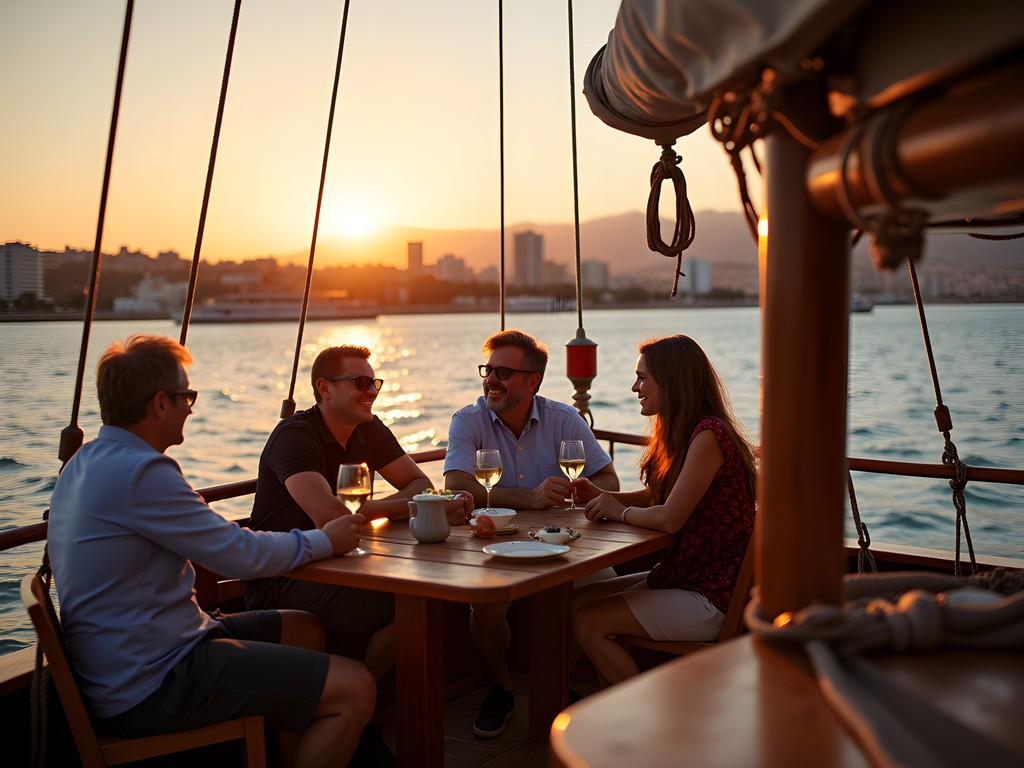
💡 Pro Tips
- Join evening cooking classes which naturally create a social atmosphere around shared tasks and meals
- Look for small music venues with communal seating rather than formal concert halls
- Consider small-group sunset activities like sailing or rooftop tours which naturally foster conversation
Final Thoughts
As my week in Barcelona drew to a close, I reflected on the paradox of solo travel in this vibrant city—I had arrived alone but rarely felt solitary. Barcelona's unique alchemy transforms the solo traveler from observer to participant through its communal dining culture, artistic heritage, and evening rituals. At sixty-three, I've learned that traveling alone doesn't diminish experiences but rather intensifies them, creating space for unexpected connections that often prove more meaningful than those carefully orchestrated in group travel. Whether you're contemplating your first solo journey or are a seasoned independent traveler, Barcelona offers a rare gift: the opportunity to move at your own pace while still feeling embraced by a larger community of locals and fellow wanderers. I invite you to lose yourself in its labyrinthine streets, confident that in doing so, you'll likely find not only architectural wonders and culinary delights but also meaningful human connection that transcends language and culture.
✨ Key Takeaways
- Barcelona's communal dining culture makes it exceptionally friendly for solo travelers
- Cultural institutions and architectural sites provide natural opportunities for meaningful conversation
- Structured group activities like cooking classes and walking tours can create instant community
- Evening rituals and traditions offer pathways to connection beyond typical tourist experiences
- Solo travel in Barcelona allows for personal reflection while still providing abundant social opportunities
📋 Practical Information
Best Time to Visit
Spring (April-June) and Fall (September-October)
Budget Estimate
$100-150 per day excluding accommodations
Recommended Duration
5-7 days
Difficulty Level
Easy


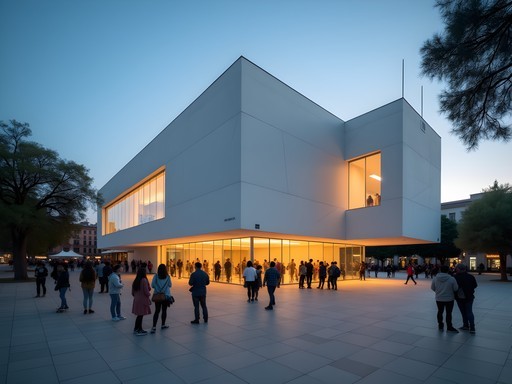
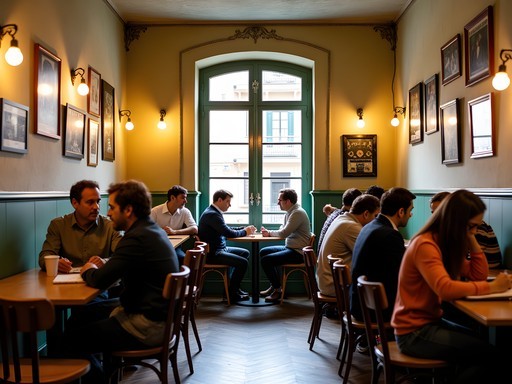
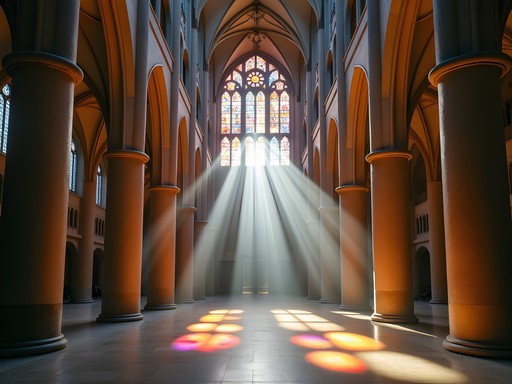
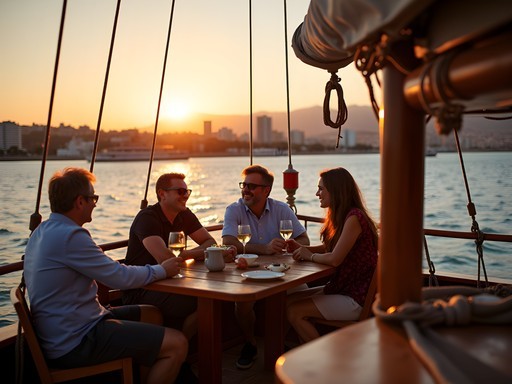


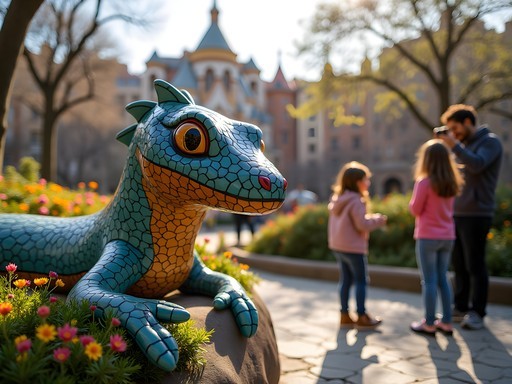

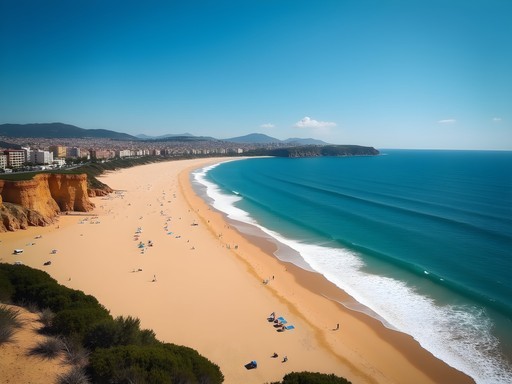
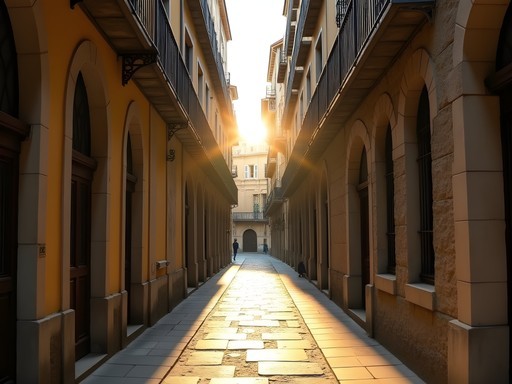
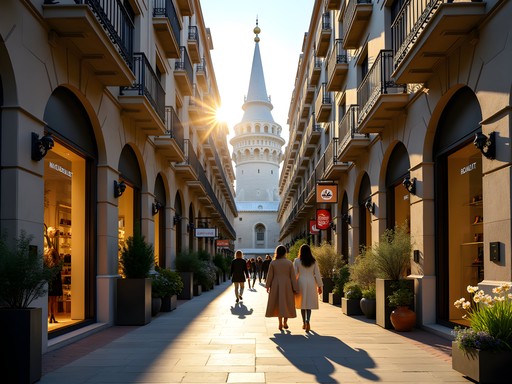
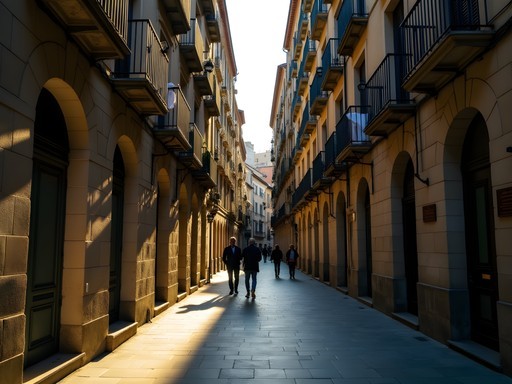
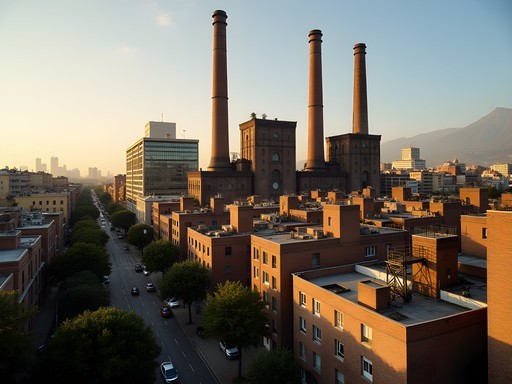
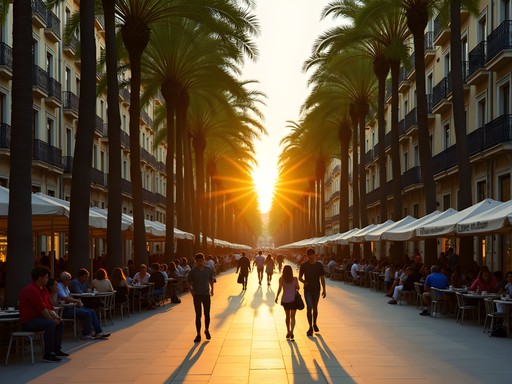
Comments
backpacktime
Really inspiring! Saving this for my trip
Fatima Sims
Benjamin, your reflection on the paradox of solo travel really captures something essential. I had a similar experience in Barcelona three years ago when I joined a Gaudí walking tour on a whim. Ended up spending the next two days exploring with a retired teacher from Japan and a grad student from Argentina we met on that tour. We still keep in touch! The architectural walks you mention are brilliant for this - there's something about standing in front of Casa Batlló or wandering Park Güell that makes people want to share their reactions. It's like the art gives you permission to talk to strangers.
nomadblogger
The solo dining section hit home for me. I spent 3 weeks in Barcelona last year and initially felt awkward eating alone at proper restaurants. But after forcing myself to do it the first few times, I ended up having some of my best conversations with waiters and people at neighboring tables. The tapas bars in Gràcia were especially welcoming. One tip - bring a small notebook or travel journal and people will often ask what you're writing about. It's a natural conversation starter!
coffeeone
Good tip about the notebook! Never thought of that
coffeeone
Which neighborhood did you stay in? Trying to figure out the best area for meeting people
Sarah Powell
Benjamin, this really resonates with me. I found the language exchange meetups in Barcelona to be one of the most authentic ways to connect with locals. The one at Plaça Reial on Tuesday nights was particularly good - very mixed crowd of ages and nationalities. I'm curious about your experience with the museum social aspect though. Did you find people were actually open to conversation at places like MACBA, or was it more about organized events? I've always found Spanish museums to be quieter, more contemplative spaces compared to the social atmosphere you describe.
nomadblogger
The MACBA courtyard is definitely more social than inside! Lots of skaters and people just hanging out
globebuddy
Love this! Going to Barcelona in March, so excited!!
backpacktime
omg me too! first time traveling alone tho, kinda nervous
globebuddy
You'll be fine! Everyone says Barcelona is super friendly
RetiredExplorer
That shot of you with your coffee at Plaça Reial captures the essence of solo travel perfectly. Brings back memories of my own mornings there!
Carlos_BCN
As a Barcelona local, I recommend visitors try the 'language exchange' nights at Café de les Delícies on Tuesdays. Many solo travelers and locals mix there. Great way to make friends instantly!
tripmate
omg thank you for this insider tip!!
WanderlustJulia
Love this! Barcelona was my first solo trip and it was magical. The language exchange meetups changed everything!
tripmate
heading to barcelona solo next month! kinda nervous about the dining alone part. did you have any specific restaurants where the staff was extra friendly to solo diners?
BenS
Don't be nervous! Try El Xampanyet in El Born - counter seating and the staff treats solo diners wonderfully. Also Bar del Pla has a communal table option where you'll likely meet others. Bring a pocket phrasebook - even basic Spanish opens doors!
tripmate
thanks so much! adding those places to my list right now!
SarahPTravels
I'd add La Cova Fumada to that list - no reservations, communal seating, and their bombas are legendary. Perfect for solo dining!
Venture X
Premium card with 2X miles, $300 travel credit, Priority Pass